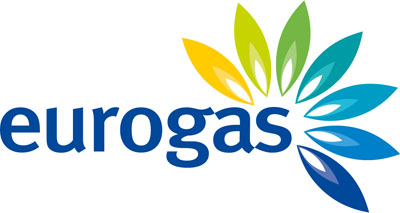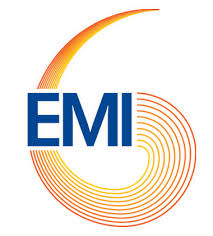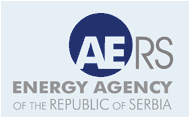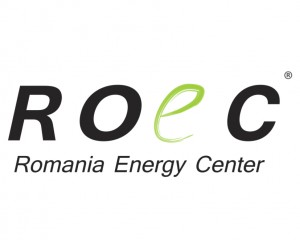Speaking during a press conference, at the Presidential Palace, in Nicosia, to evaluate the outcome of settlement talks that ended inconclusively last week in Crans-Montana, Switzerland, the President said these conditions included the abolition of the 1960 Treaties of Guarantee and Alliance – along with the unilateral intervention rights – from day one, the establishment on an effective mechanism to monitor the implementation of the solution and an agreed timetable for the full withdrawal of Turkish occupation troops, on the basis of the proposal submitted.
The goal is to create a truly independent and sovereign state, that is modern and fully in line with the EU acqui and that provides the prospect for a peaceful coexistence, the President added.
He also announced that in the government of Cyprus embarks on a campaign to inform the leaders of foreign countries, Security Council members and the European Council about developments regarding last week’s collapse of settlement talks in Crans-Montana.
In consultation with the National Council and in cooperation with the Greek government "we will draw our path onwards”, the President underlined.
In his opening remarks, the President spoke about those who "maliciously spread the message that the responsibility for the unfortunate outcome lies supposedly with the Greek Cypriot side”.
During the press conference, the President also referred in detail to the talks that took place in Crans-Montana, between June 28 and July 7, laying particular emphasis on discussions about the chapter of security and guarantees.
He said that on June 28, the Turkish Foreign Minister Mevlüt Çavuşoğlu submitted duirng the evening session a Turkish proposal, providing among others for the continuation of the Treaty of Guarantees and of the Treaty of Alliance – except for the joint military headquarters. The Turkish proposal also pledged a significant reduction in the number of Turkish troops at the beginning of implementing the solution, to match Greek troops and reach an agreed level. Ankara further proposed a committee to monitor implementation, consisting of a representative from Turkey, Greece, the UK, a Greek Cypriot and Turkish Cypriot representative from the federal government and a representative from each constituent state. The committee would be chaired by a UN representative, while the EU was excluded.
The President said that both himself and the Greek Foreign Minister rejected the Turkish proposal "as expected”. He also referred to the intervention of the European Commission’s First Vice President, Frans Timmermans, who said that the EU has a role to play in the security of an EU member state.
Moreover, the President said that during the Conference he explained in detail the proposal he submitted himself since September 2016 to address the issue of security and guarantees, responding thus to the three question that were submitted earlier on the same topic by the UN Under-Secretary-General Jeffrey Feltman .
The President of Cyprus laid particular emphasis on the parameters set by the UN Secretary General, Antonio Guterres himself, who attended on June 30 the Conference, in order to achieve progress or convergences.
Regarding security and guarantees, the President said that the Secretary-General’s parameters provided for the creation of a new security regime and not for the continuation of the old one. It was added that the existing guarantor powers were not in a position to monitor the implementation of the solution.
On foreign troops, there had to be a drastic reduction in their numbers from day one, then reach 1960 levels. Simultaneously the sides had to agree on the timetable for their withdrawal. The sunset clause or review clause (regarding the withdrawal or continuous presence of troops) had to be discussed in the presence of the Prime Ministers from the guarantor powers, according to the same parameters.
The President also referred to the parameters set by the UN chief regarding other aspects, such as territorial adjustments, the property issue and the effective participation of Turkish Cypriots in governance. On the treatment of Turkish citizens, the President said that UN parameters provided for an equitable quota for Turkish permanent residents, in relation to Greek citizens. Students, tourists and seasonal workers would not be included in calculations.
As a result of the denial of the Turkish side to negotiate within the framework set by the UN Secretary General’s parameters and in order to avoid an impasse, the President said that he proceeded on July 5 with his initiative to submit proposals under very specific terms and preconditions.
These preconditions dully underlined the fact that none of the offerings would stand if unilateral intervention rights continued, if there was no timetable for the withdrawal of occupation troops and if the just demands of the Greek Cypriot side regarding the territorial adjustments were not met, the President noted.
He went on to say that during the UN SG’s bilateral consultations with the Turkish delegation, Ankara implied that it would display flexibility in accordance with the parameters set on intervention rights and the abolition of guarantees.
Despite the impression it gave to the SG, the Turkish side refused to disclose its positions during the dinner that followed, with Çavuşoğlu insisting that they were known to Antonio Guterres, said President Anastasiades.
He added that in order to avoid the impasse, the SG took the initiative to record generally accepted positions in a short communique, regarding the chapter of security and guarantees. The President said that at his own insistence, and that of Greek Foreign Minister Kotzias regarding the termination of intervention rights and of the Treaty of Guarantees, Çavuşoğlu revealed unequivocally that Turkey’s position remained unchanged.
In particular, Ankara proposed the 1960 Security and Guarantee system to be maintained, along with a review clause in 15 years, said the President of Cyprus. He added that Turkey maintained its absolute position regarding the permanent presence of an agreed number of troops.
To avoid a new crisis, the UN Secretary General said that his suggestions throughout the discussion were based on a misconception, formed after his discussions with the Turkish Foreign Minister, said Anastasiades.
In his opening remarks, President Anastasiades thanked finally the Prime Minister and the Foreign Minister of Greece for their cooperation and support in Crans-Montana, as well as the members of the National Council and the negotiating team that helped in the shaping of proposals.
UN-backed talks that took place between June 28-July 7, in Crans-Montana, Switzerland, ended inconclusively. Peace talks aim to reunite Cyprus, divided since the 1974 Turkish invasion, under a federal roof.
(http://english.cyprustimes.com - source: CNA)




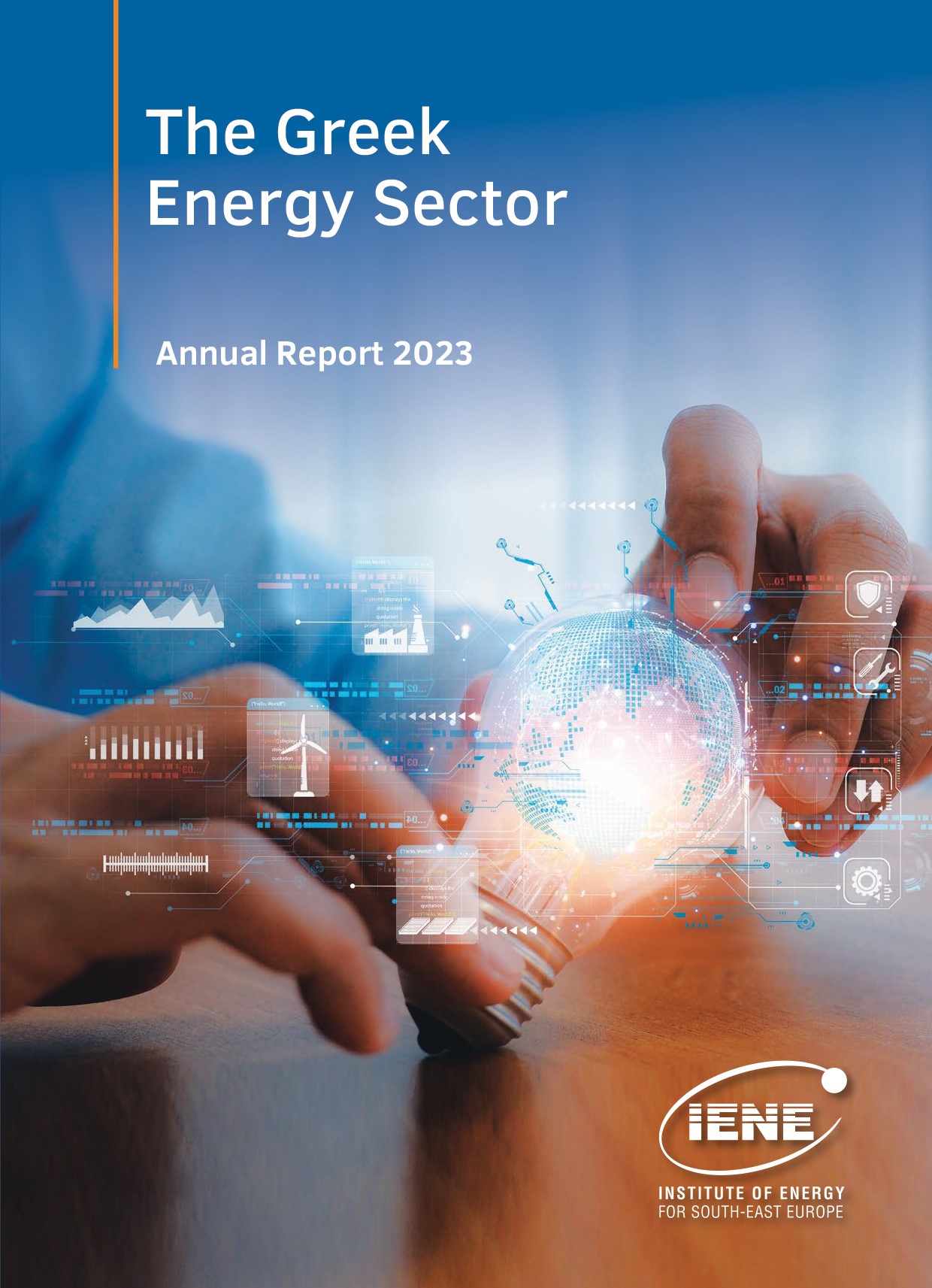

 More
More




